Category: sometimes I write about academic subjects
-
“Paradise on Fire” – ASLE conference @UCDavis
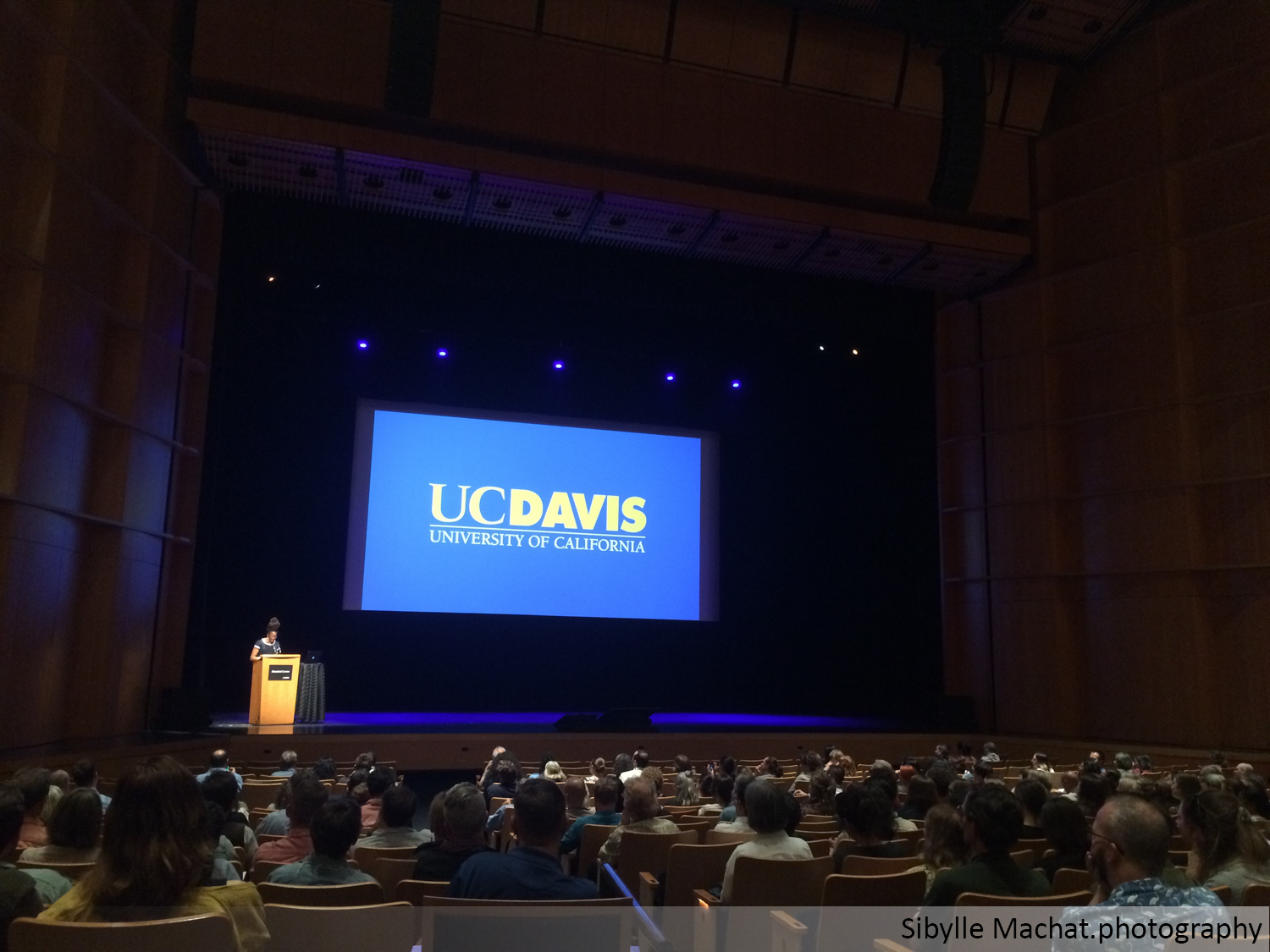
-
Now I just have to write it …
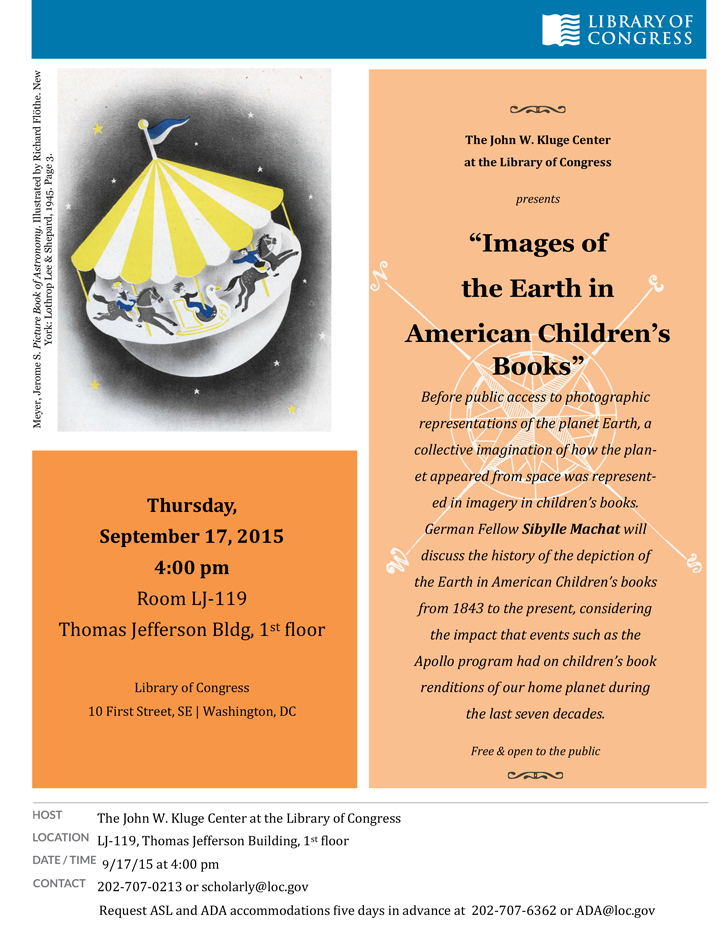
-
DC reporting in, #12: Tools of the Trade – a) Text

-
DC, baby!
-
Earthseed
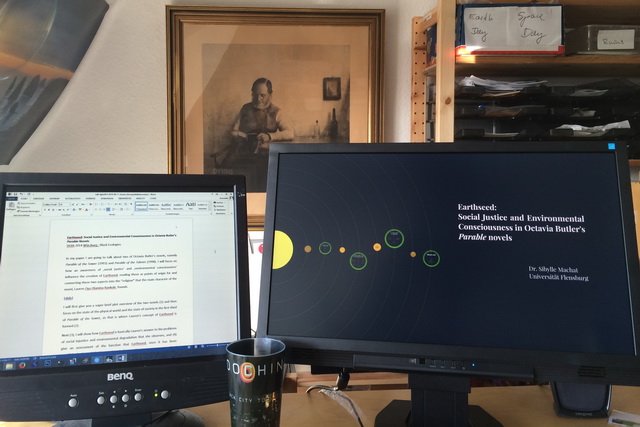
-
Upwards

-
Spaceship Economies
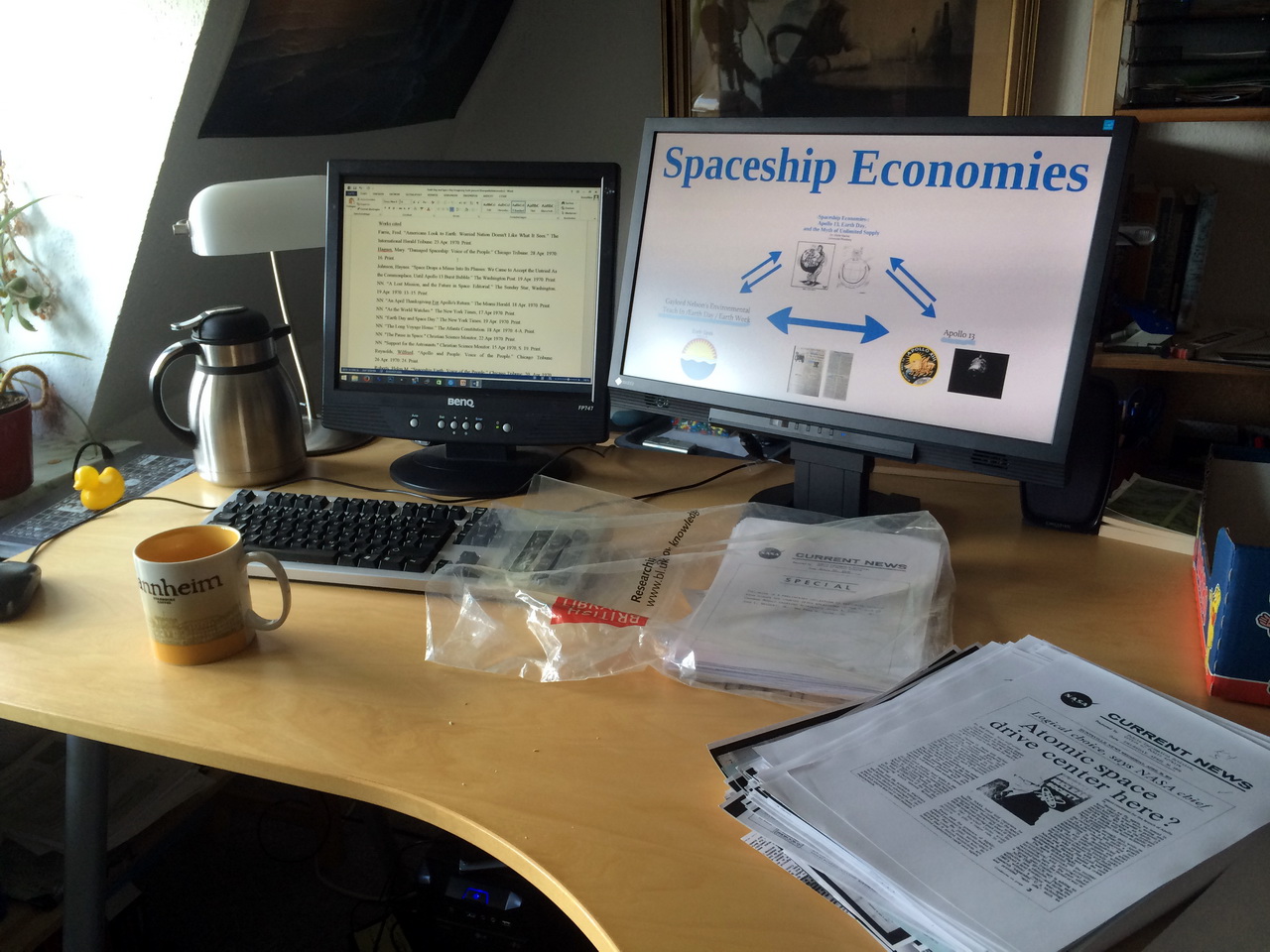
-
In the Ruins of Civilizations
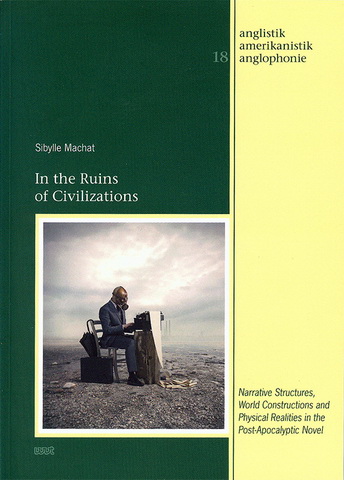
-
Tuesdaily
-
Under my umbrella

-
The things to come
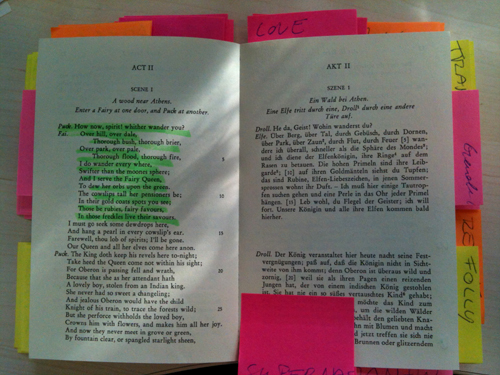
-
The roads of summer’s ending
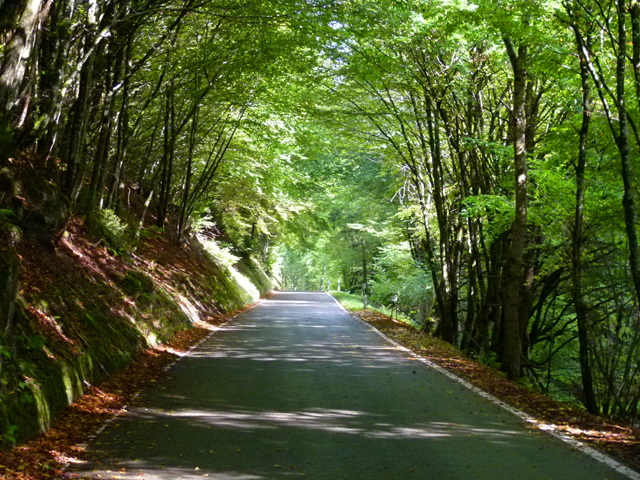
-
American Short Fiction Reading List
-
Annabel Lee
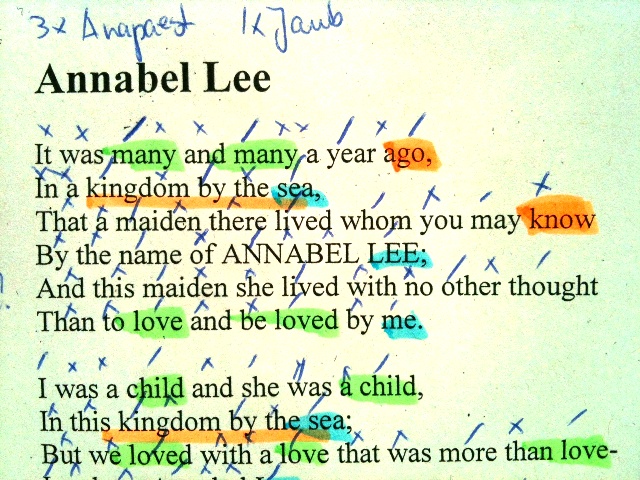
-
A moment of truth

-
For once, a practical update